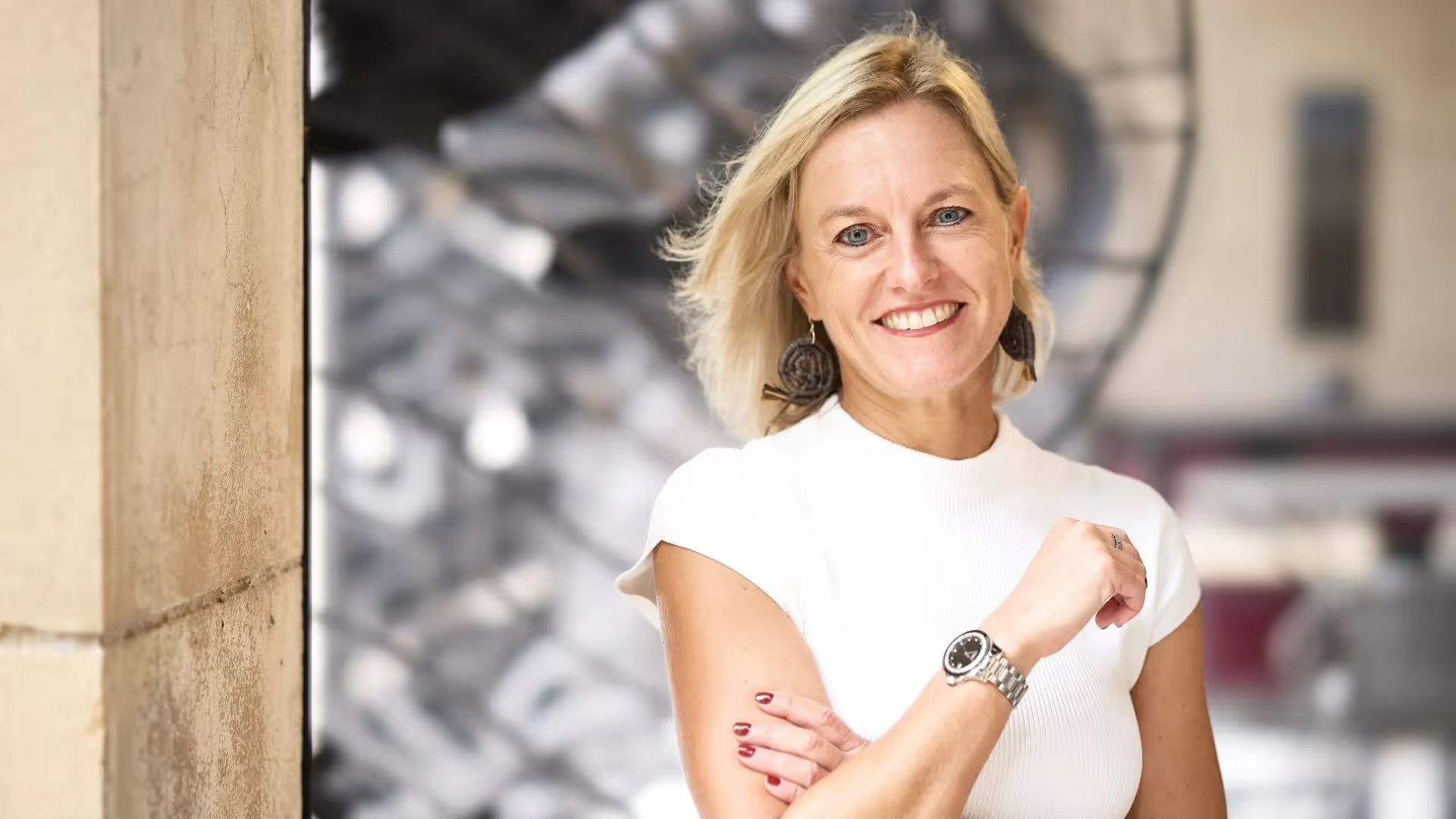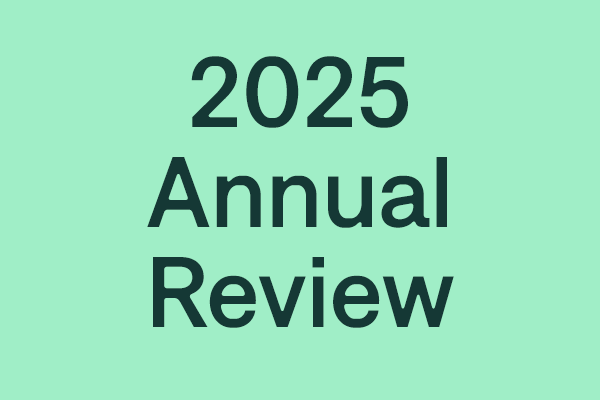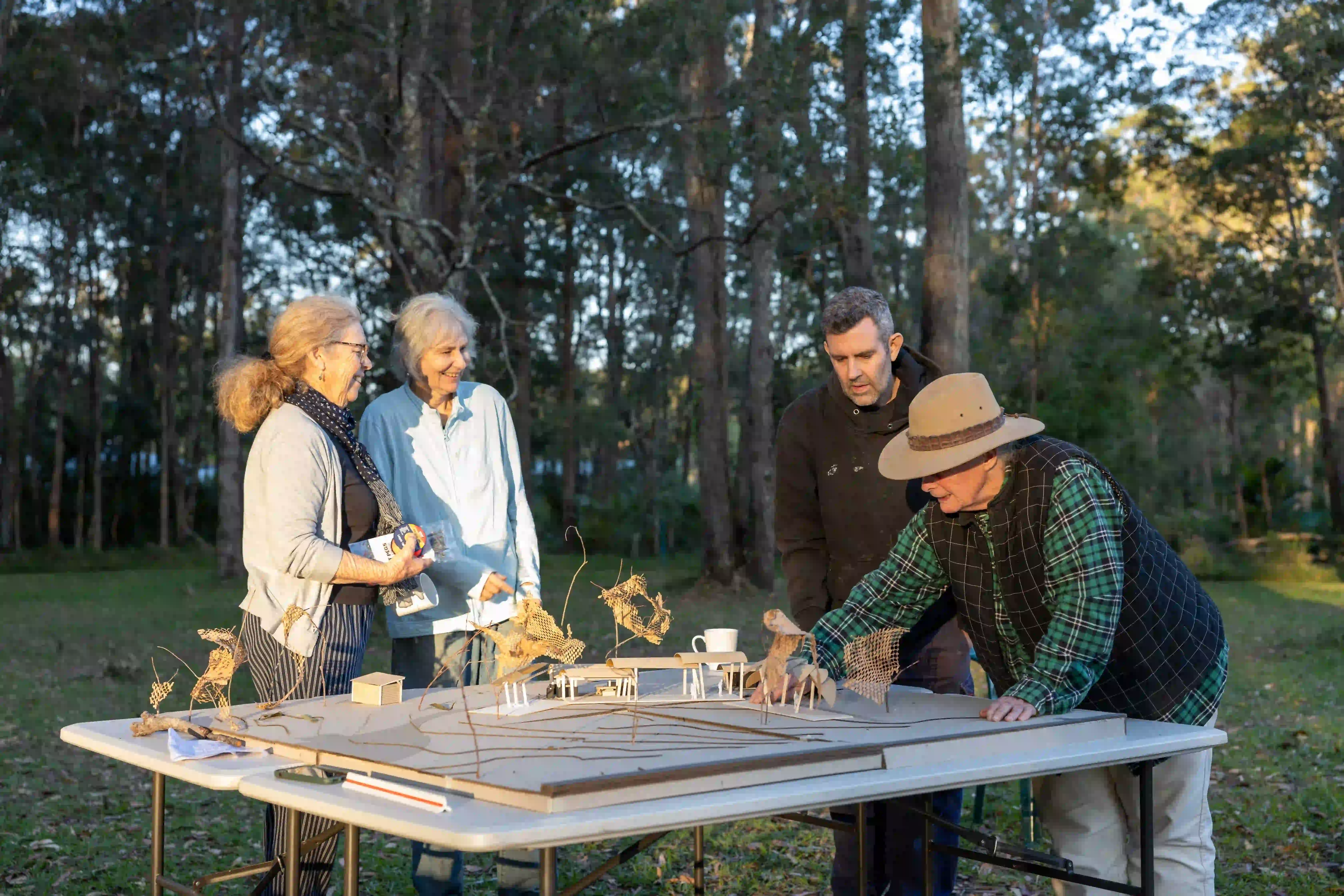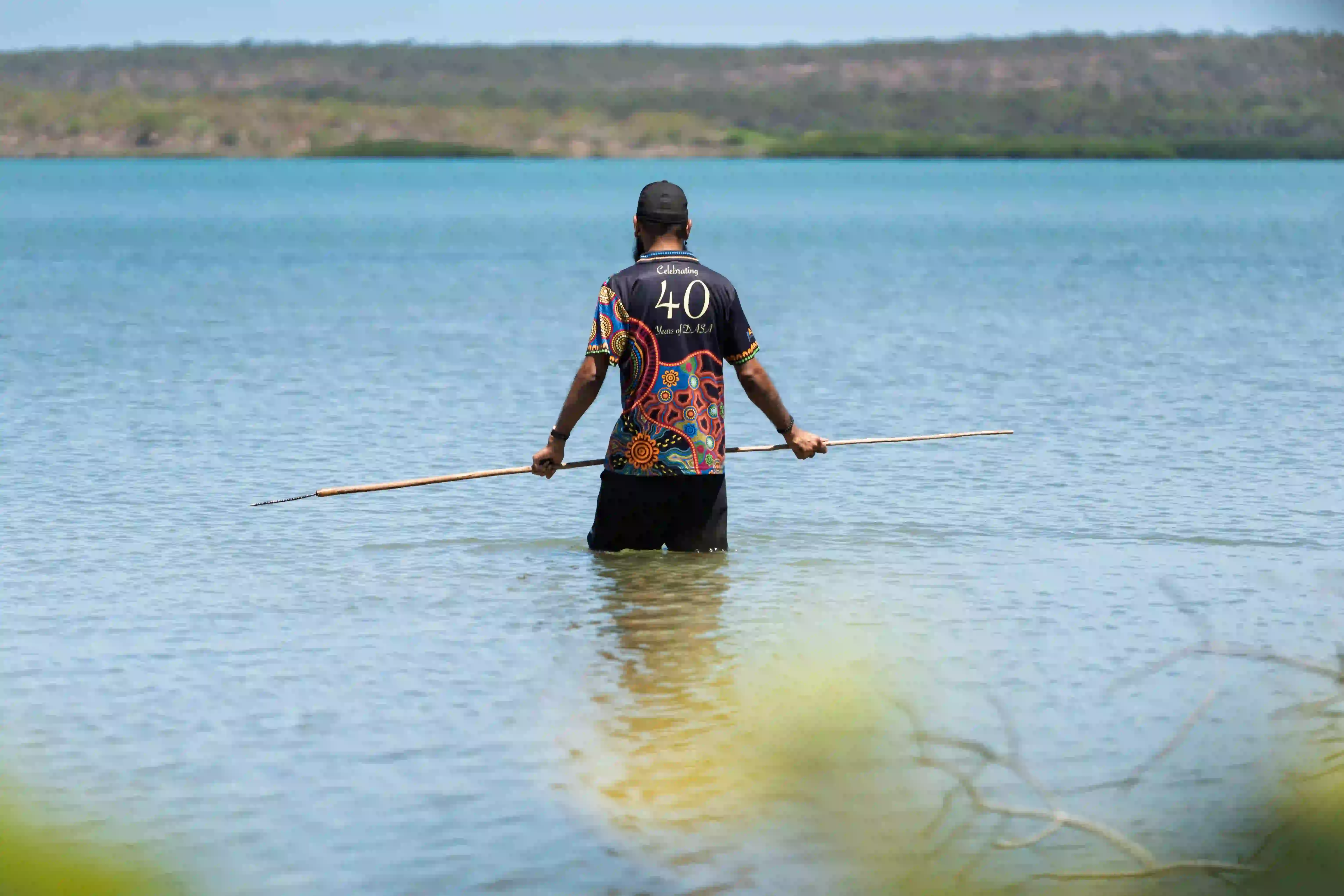Like many Australians, I’ve recently returned to work from a summer break, feeling recharged and ready for a busy year ahead. This time away also offered a welcome opportunity for deeper reflection on our work at the Paul Ramsay Foundation and what I learned and observed over 2023.
It was a challenging year in Australia, and for many around the world. In this letter – the first of an intended annual series – I consider questions may be troubling many of us at the moment: How do we deal with the increasingly polarised world around us? How can we have respectful conversations where all voices are heard and valued, so that we can work together on practical solutions to achieve real social change?
Working alongside more than 200 for-purpose organisations at PRF and my current and previous roles across the for-purpose landscape have shaped my view on the challenges we face in our collective work to make a difference, the progress we are making and the cultural and societal shifts that influence our work. I hope you’ll read on, and join me in speaking, acting and working thoughtfully in the year ahead.
Dear Leader,
I was in a taxi heading to the airport after a long week of travel at the end of 2023. Talkback radio was playing loudly as I got in. The driver turned down the volume and launched into a conversation that picked up on the radio host’s dislike for businesses who voice a public view on societal issues. “I hate being told by CEOs what to think, don’t you?”, the driver said.
I decided that this probably wasn’t the moment to tell him that I am a CEO, or to express the immediate reaction from my too-tired (and in hindsight, unreasonably defensive) brain - “I don’t want to be told by talkback radio what to think.”
This experience got me thinking about the polarisation of views, and how individuals sometimes say things to another person assuming they already agree. And how, if we disagree, the reaction can be visceral before our brains have had time to pause, understand and consider the other person’s perspective.
That led me to grapple with a few leadership questions facing our team at the Paul Ramsay Foundation, and the for-purpose sector more broadly:
1. Where does our information come from and whose voices are we really listening to?
2. How do we see multiple perspectives and have respectful debates?
3. How do we hold the shades of grey while also continuing to have the courage to back and amplify particular voices?
As leaders, we recognise the polarities at play when we look at the world around us. The tricky part – which I’ve learned through painful personal experience, research and working with hundreds of for-purpose leaders – is recognising when we are the ones contributing to polarisation by adopting views and responses without considering the shades of grey, the nuances and the paradoxes.
It is validating and reassuring to listen to the views that we already agree with, but there are infinite interpretations, understandings, lived experiences, values and rationale among different people, groups and communities. Given this, who are we really listening to? Where does our information come from – who writes the questions, who asks them, who interprets and owns the data, who crafts the narratives? And what does all this mean for how we respond, and how do we democratise data and information?
For example, think of communities where experiences of disadvantage have perpetuated for generations. The statistics, policy positions and academic studies tell a story about the high proportion of kids who are developmentally vulnerable when they start school, the young people not engaged in education or employment, the housing precarity, and low incomes. Decades of evaluations have examined what works and what doesn’t, and for who and how much it costs.
When we visit these communities and talk to mums, dads, uncles, aunts, Elders, community leaders and young people, another picture emerges. One of wisdom and resourcefulness, culture and successes. One with clarity on the challenges and the opportunities, hopes and ideas, and a deep commitment to forging a better future. There are different ideas of what needs to be done and in what order to make progress, which won’t always marry up to the traditional and accepted thinking of what works.
The ’traditional evidence’ and ‘lived experience’ could be pitted as polarities, but both hold truths. A large regional community, for example, received government funding for an evidence-based employment training program. The community leader talked about many lived experience considerations that needed to be incorporated for the program to work in practice, including changing the contract to allow the organisation to use some of the funding to buy young people work boots (which they couldn’t afford but couldn’t participate without).
There are multiple perspectives to consider, as well as what or who we’re not hearing, the biases we hold in which information we take in, how we process it and the narratives we construct. Our roles alone influence this process. There are assumptions we understandably make as leaders all the time. As a non-profit leader needing funding, I’ve played the ‘here’s what I think philanthropy want to hear’ card. And, with my funder hat, I’ve had people ask for money for what they think we will fund, rather than what they need.
This isn’t easy, for either side. I get it. I’ve made mistakes and will continue to do so.
As leaders, we can be better at seeing the shades of grey, thinking about how we show up with and for each other in communities and the biases we carry. We can be better at listening to the voices of community members and looking for, seeing and describing value and aspirations before challenges. We can create spaces for respectful debates and increase our investments in local and emerging leaders, community decision making, holistic community responses, and in the democratisation of data and information. And we can continue to learn from and apply evidence that comes from a broad spectrum of sources.
There is work to do, but we are making progress.
At PRF, we have listened to and invested in the ideas of incredible people and communities from Groote Eylandt to Arnhem Land, Logan to Walgett, Mt Druitt to Frankston, Burnie in the North West of Tassie to the East Coast of South Australia, and from Fremantle to far north of the Kimberley. We are also seeing significant successes through our partners working at a macro level: increases in single parenting payments, improvements to social security automation, government commitments to expand successful initiatives like justice reinvestment and Youth Foyers, and a commitment to collaborative models such as the Investment Dialogue for Australia’s Children. As a foundation, later in 2024, we will release our next Strategic Intent outlining our commitment to increase our investments in communities and to continue to invest in evidence, advocacy and innovations where policy and other conditions need shifting at a societal level.
We are listening, learning, investing and will keep amplifying voices. We will continue to stand behind long-term issues that are consistent with our purpose, that will help children, families and communities to thrive for generations. For us, generational progress transcends polarised political and ideological agendas of the day and we can and will take stances founded on evidence, practice and learning. As our Chair Michael Traill has stated, “our commitment to the moral and economic logic of supporting empowered local voice will continue to be a practical and central anchor to the work we do in indigenous communities and more broadly.”
We know this isn’t always going to be easy. Polarities and disagreements are inevitable when one group has something to lose and another has something to gain. We’re all familiar with this. Once ‘systems’ are disrupted, or attempted to be disrupted, there is a push back for the old equilibrium. And the bigger the disruption, the greater the push back.
Australia has incredible leaders, organisations, innovations and investments. Together, there is much we get right. And there is much more progress we need to make.
I wonder what might change if as leaders we can gracefully dance between different ideas and groups: if we mindfully look for shades of grey amongst polarised issues and find the spaces for respectful debates, the courage for backing systems disruptions, and ease in holding the paradoxes that will inevitably emerge.
I look forward to creating change with you in 2024 and beyond,
Professor Kristy Muir
February 2024











